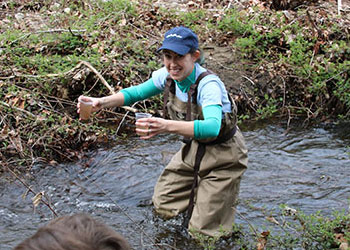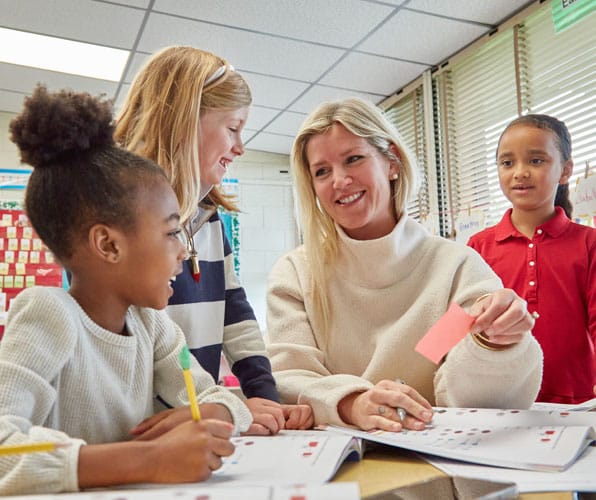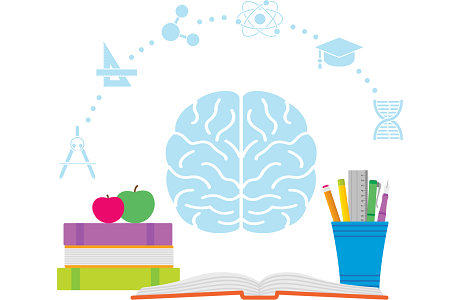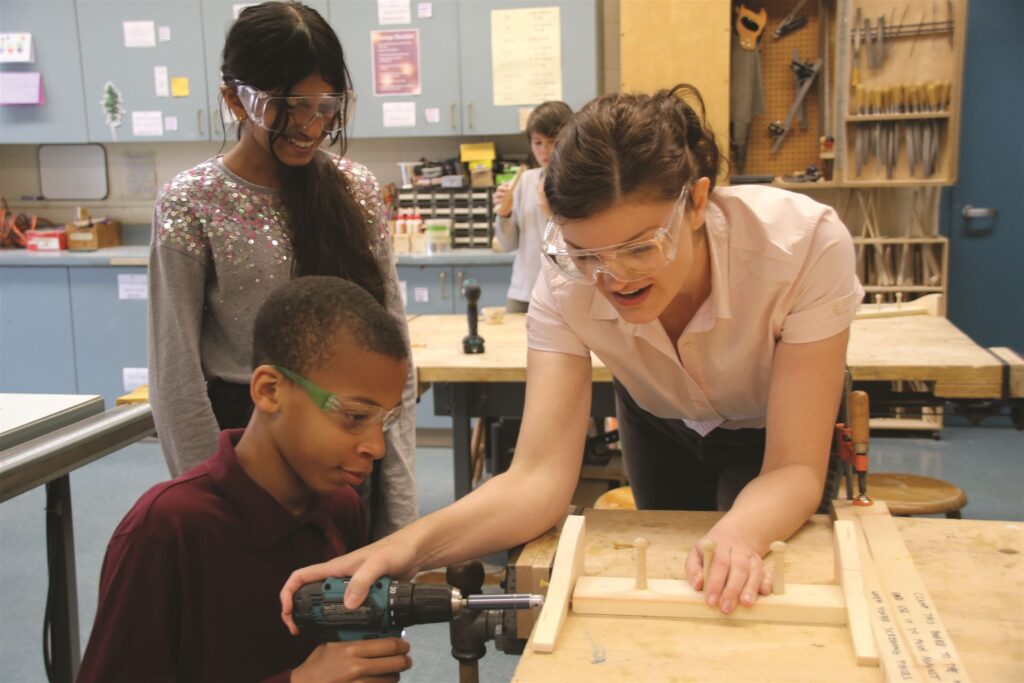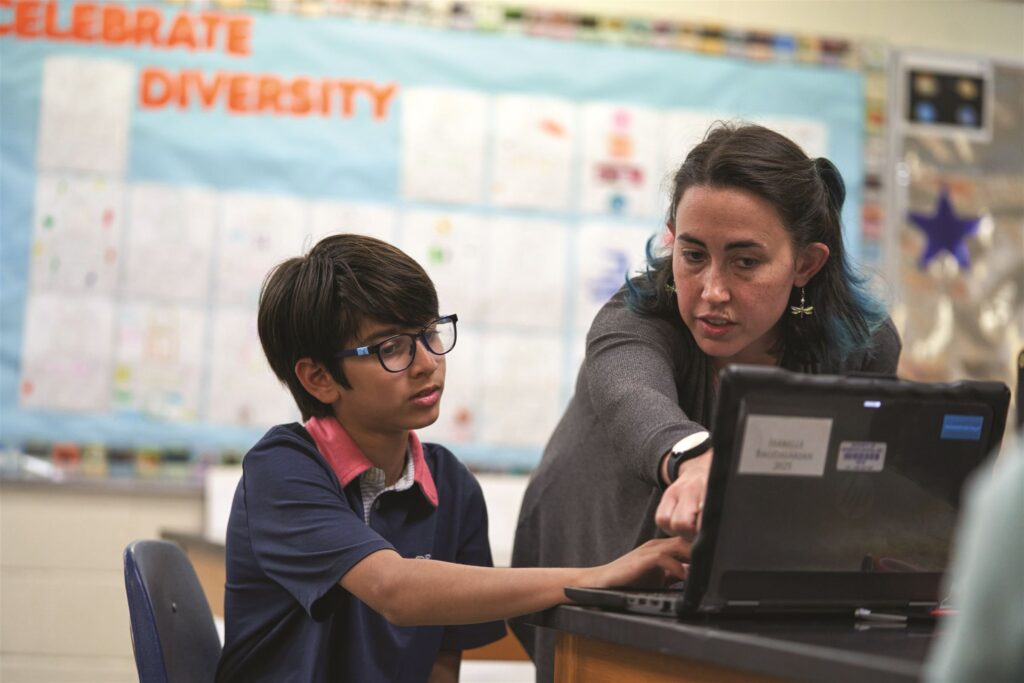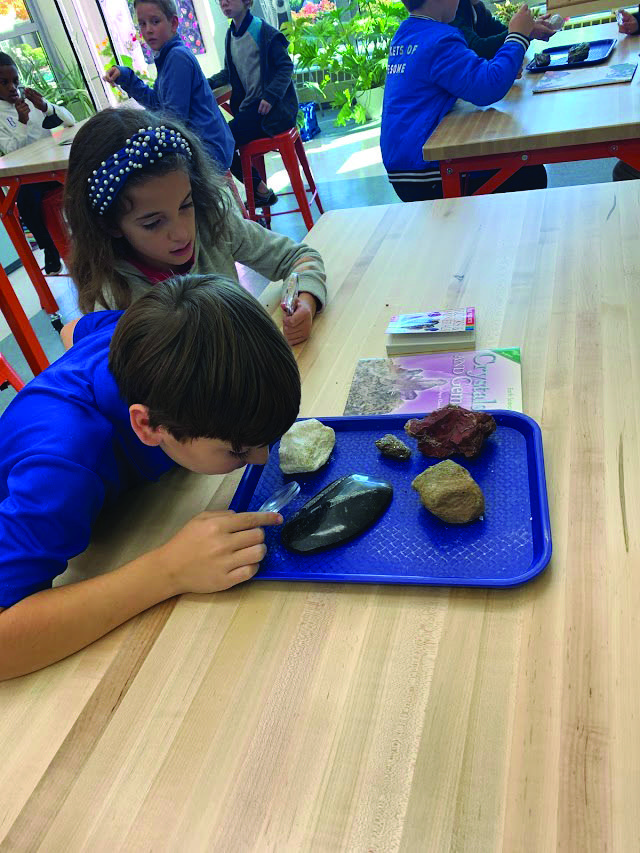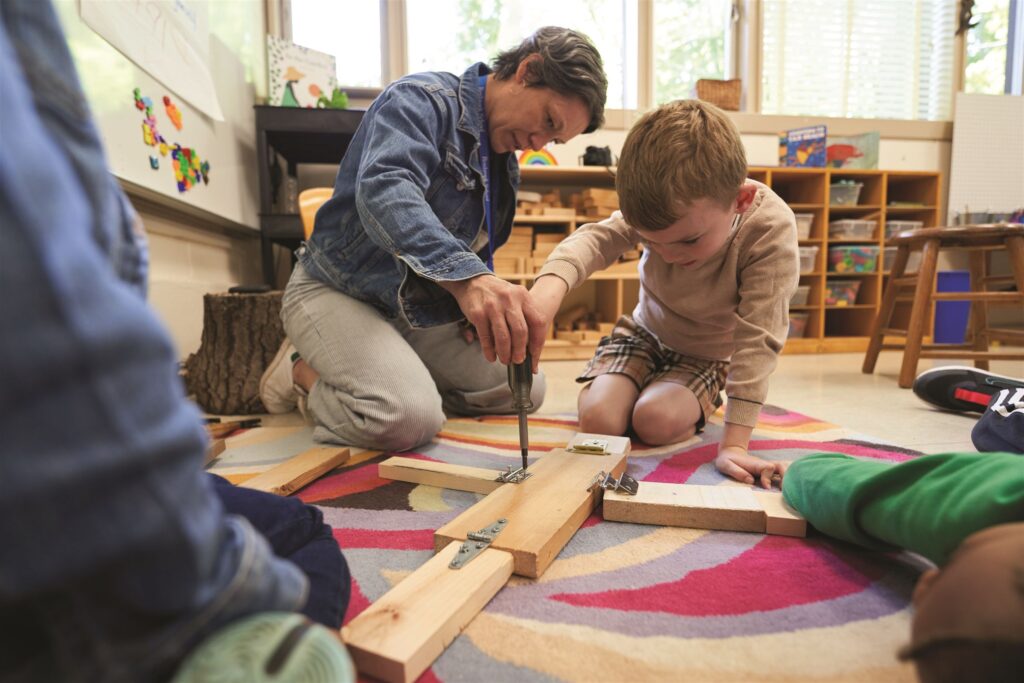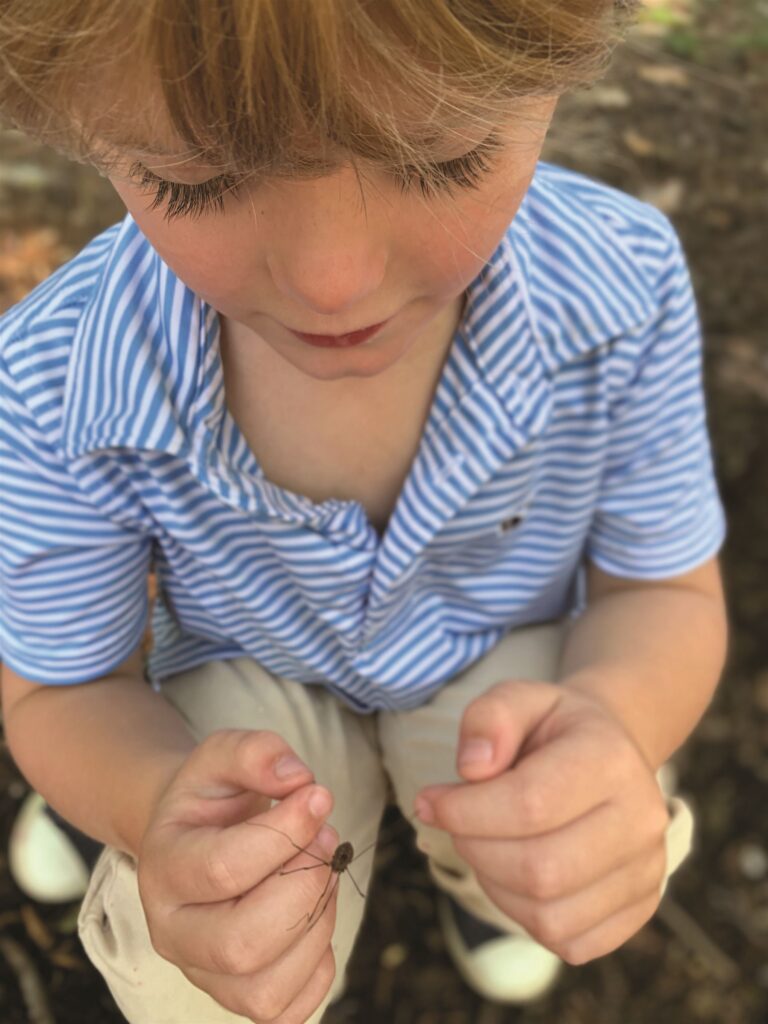Posts Tagged ‘critical thinking’
Salmon Stocking Project
Renbrook’s Grade 5 Science Program actively participates in the Connecticut River Salmon Association Salmon-in-Schools Program. This valuable scientific and environmental learning project is enjoyed by children in schools across Connecticut. Students participate actively in all program phases, from rearing salmon eggs in the classroom to stocking rivers, and Renbrook is thrilled to be a part…
Read MoreNurturing Independence: Developing Agency in Young Children
Every parent dreams of raising children who are confident, capable, and able to make informed decisions. One of the key milestones on this journey is developing agency in young children. Agency refers to a child’s ability to make choices, take action, and have a sense of control over their own lives. It’s a vital skill…
Read MoreRigor in the Lower School
While rigor is a term used often in education, its meaning varies greatly depending on who is using it. For those of us within the college preparatory, independent school world, one frequently reads or hears about programs, teachers, and/or curricula that are either rigorous or lacking thereof.
Read MoreKatie Jackson: Design and Woodworking Teacher
Katie Jackson is in her second year of teaching at Renbrook. We interviewed her to learn more about her passion for learning and teaching.
Read MoreInquiry Based Learning
Olivia Goodrich, Upper School STEAM teacher, is all about inquiry-based learning. The process goes like this: start with a question; observe; gather data; generate more questions to guide further observation; continually revisit the same phenomenon to dig deeper; test your previous conclusions.
Read MoreDeveloping Scientific Thinkers in Lower School: Jessica Wawzyniecki
We asked Jessica Wawzyniecki, Lower School STEAM teacher, “How does scientific thinking develop over the course of Grades One through Four?”
Read MoreScientific Thinking from the Beginning
In the Beginning School, children are naturalists. Our 75-acre campus beckons them to explore the outdoors and the creatures, plants, and rocks they find there. They are taught to stop, pause, and look more closely. Our youngest students are not bound by a curriculum; they follow their own discoveries and observations. Their teachers build on the children’s own curiosity to lead them into the process of formal inquiry.
Read MoreHow Do Scientists Think?
For the next several weeks, follow us as we explore the notion of scientific thinking. What do we really mean by scientific thinking, and how does it inform our teaching and learning at Renbrook School?
Read MoreRigor
Recently I read an article from U.S. News & World Report on how students can better manage an academically rigorous course load while maintaining a strong GPA. As those connected with education, kindergarten through higher ed, rigor is a term used often. Independent schools frequently use it in their mission statements and marketing materials. Programs, teachers, and/or curricula regularly are described as either rigorous or lacking thereof. There are countless studies and research articles touting the relevance and significance of rigor in 21st Century teaching and learning.
Read More